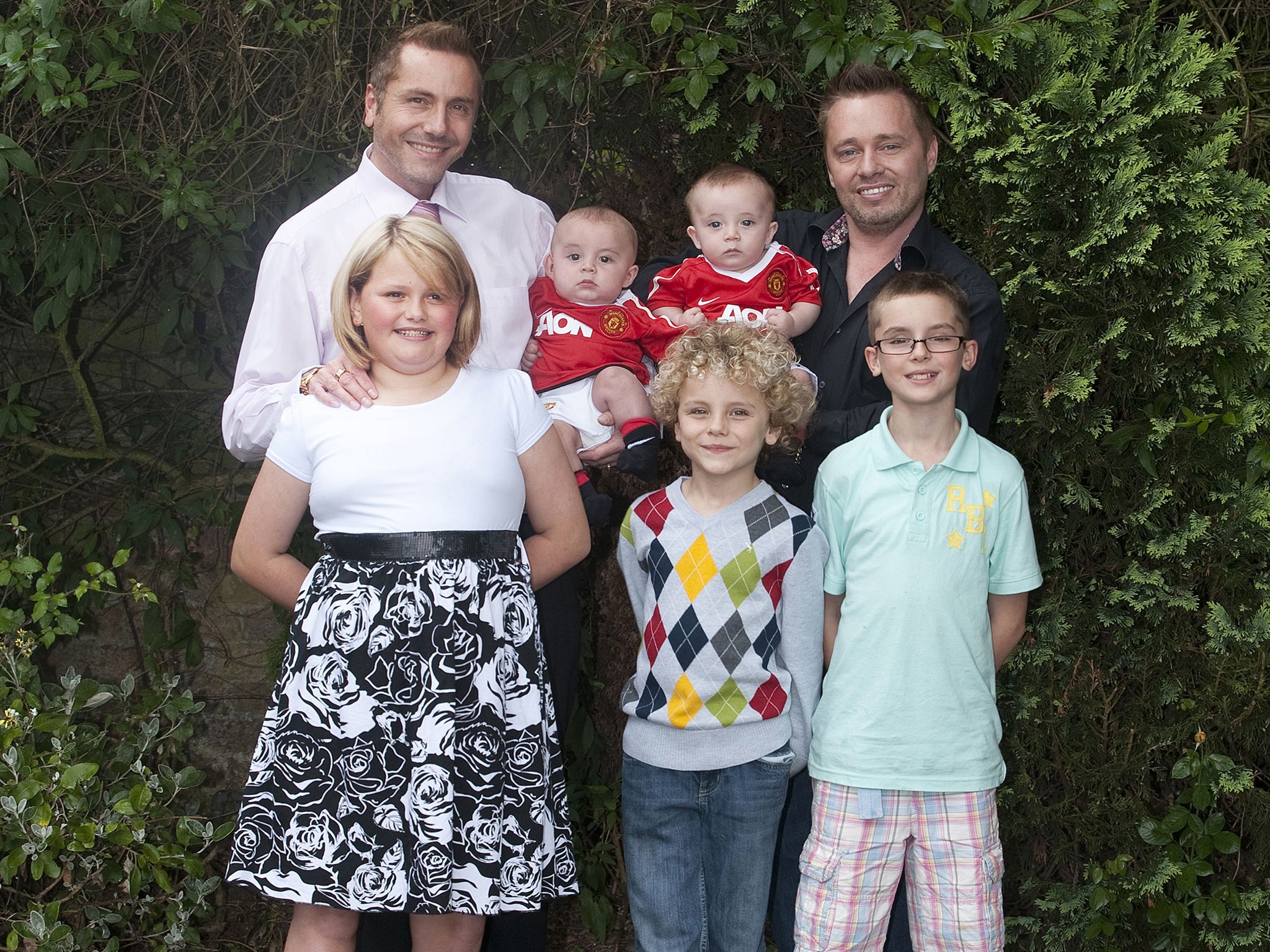UK surrogacy laws must be reformed urgently, says leading fertility lawyer
Her comments follow a ruling where a woman who had a baby with a gay couple but then refused them access had to hand her daughter over to the men

Your support helps us to tell the story
From reproductive rights to climate change to Big Tech, The Independent is on the ground when the story is developing. Whether it's investigating the financials of Elon Musk's pro-Trump PAC or producing our latest documentary, 'The A Word', which shines a light on the American women fighting for reproductive rights, we know how important it is to parse out the facts from the messaging.
At such a critical moment in US history, we need reporters on the ground. Your donation allows us to keep sending journalists to speak to both sides of the story.
The Independent is trusted by Americans across the entire political spectrum. And unlike many other quality news outlets, we choose not to lock Americans out of our reporting and analysis with paywalls. We believe quality journalism should be available to everyone, paid for by those who can afford it.
Your support makes all the difference.Britain’s surrogacy laws are no longer good enough and must be reformed urgently to stop court battles wrecking people’s lives, a leading fertility lawyer has said.
Her comments follow a legal ruling where a woman who had a baby with a gay couple but then refused them access was ordered to hand her one-year-old daughter over to the men.
The judge ruled in favour of the men after concluding it would in the best interests of the girl that she grow up with her father and his partner.
The case has reopened the debate around surrogacy in the UK, where a lack of regulation means that disputes between parents and surrogates often end up in the courts.
Natalie Gamble, one of the UK’s leading fertility lawyers, said: “The law urgently needs changing. The laws in place were written in the 1980s and the world has moved on. I don’t think they were ever properly thought through.
“The situation around UK-based surrogacy is driving thousands of parents overseas every year and creating new issues such as children born to UK parents being stuck abroad. What we urgently need is a proper structure.”
Peter Morris, a partner and family law specialist at Irwin Mitchell, said: “The key issue raised by this case is that the UK lacks a clear, comprehensive legal framework to cover the concept of surrogacy.
“A number of countries, including the US, have a proper process that those involved in surrogacy must undertake. Such systems would see all of those involved make a clear agreement regarding the future of the child.”

In the latest case, the woman, identified only as S, said she had entered into an agreement, which would see her acting as the “main parent and carer”. The child’s genetic father, known as H, disputed this, saying the agreement was that he and his male partner, known as B, would “co-parent” the girl, with the woman continuing to “play a role”. The judge, Ms Justice Russell, ruled in favour of the father at the High Court.
Under UK law, surrogates are the legal mother of any child they carry, even if they are not genetically related, unless they sign a parental order after they give birth transferring their rights to the intended parents.
Join our commenting forum
Join thought-provoking conversations, follow other Independent readers and see their replies
Comments